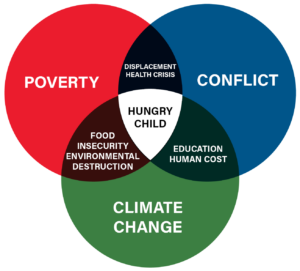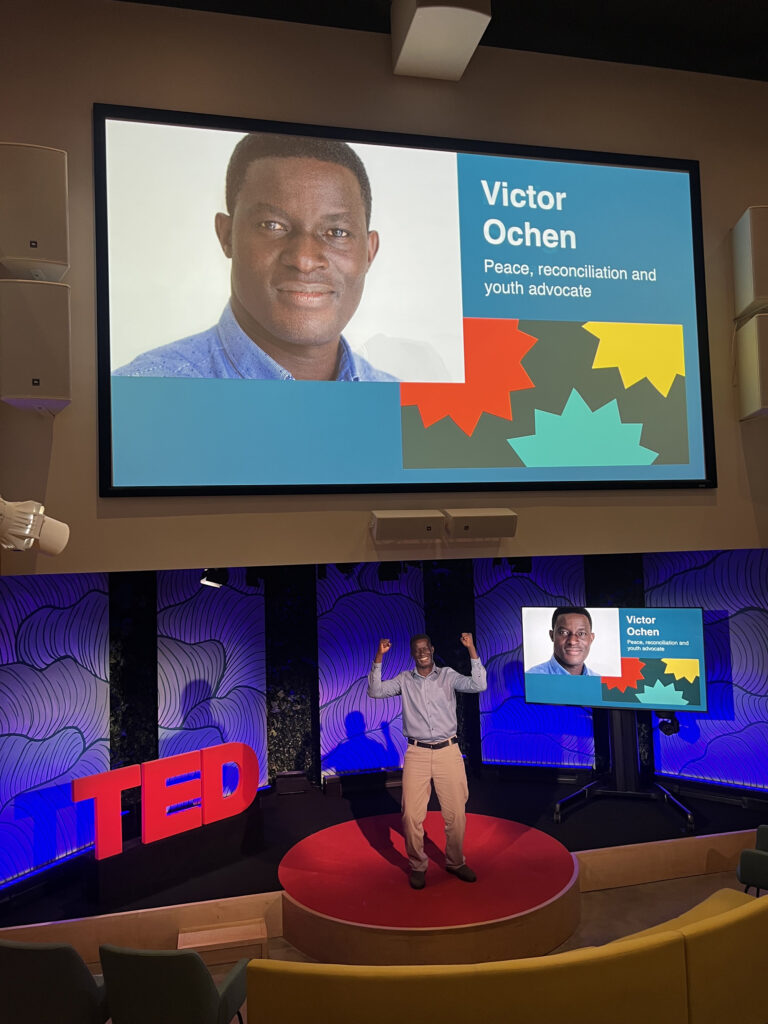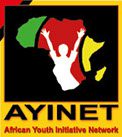The Night is Long for a Hungry Child
pursuing prosperity measured by children’s well-being
This is a campaign inspired by the plight of young people and communities caught up in the intertwined challenges of Climate Change, Conflict and Poverty.

Our outcome-focused scalable response plan prioritises addressing the interconnected root causes of those three main threats by;
- Creating a supportive environment where young people can thrive,
- Ensuring Families living more secured, dignified and fulfilling lives, and
- Improving populations’ well-being through self-help for self-reliance activities
The message of “The Night is Long for a Hungry Child”, as sung by the iconic South-African musician Lucky Dube, goes beyond giving hope where there is despair, neither is it cry for help; but partnership to build effective system such as healthcare, education, road, job creation, and leadership the population can trust and count on.

CALL to action
We appeal for support towards
Addressing Causes of Poverty, Climate Change and Conflict.
Donate towards the cause
Getting in touch uganda@ayinet.org Tel: +256772539879
If you have ideas, resources our contacts that could help implement or scale up our actions, in the targeted regions or beyond, we would love to hear from you.
This multifaceted actionable flagship program builds on AYINET’s work on empowering youth and promoting peace in Africa. By addressing root causes of poverty, preventing conflicts and tackling the of climate change, this will guarantee that no African child goes to bed with an empty stomach and ultimately ensure a stable future for Africa. We work on solutions to the following interwoven questions.
